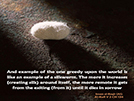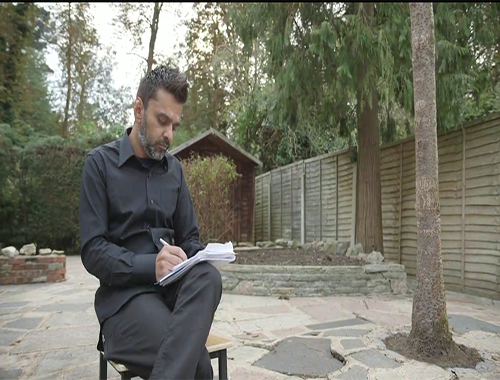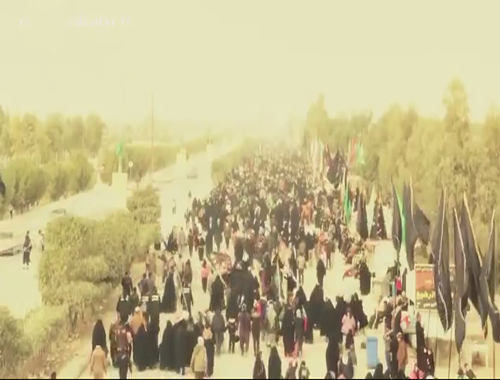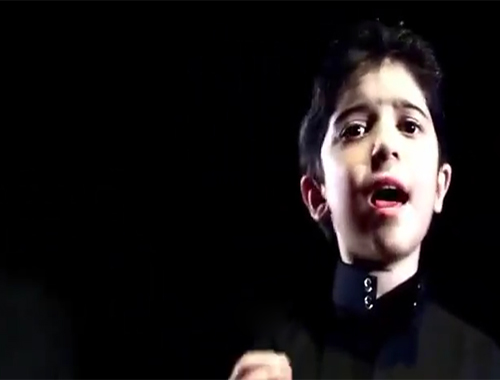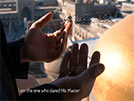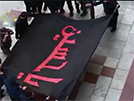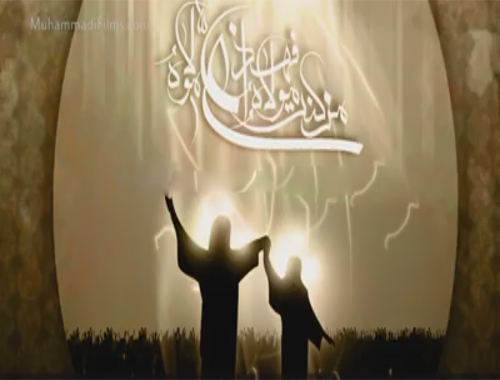Disposal of Zakat
- Details
- Hits: 2609
Disposal of Zakat
Holy Qur’an says:
“Alms are only for the poor and the needy and the officials (appointed) over them, and those whose hearts are made to incline (to truth) and the (ransoming of) captives and those in debts and in the way of Allah and the wayfarer.”
(Surah at-Tawba 9: 60)
Zakat can be spent for the following eight purposes:
(1) It may be given to a poor person, who does not posses actual or potential means to meet his own expenses, as well as that of his family for a period of one year. However, a person who has an art or possesses property or capital to meet his expenses, is not classified as poor.
(2) It may be paid to a miskin (a destitute person) who leads a harder life than a Faqir (a poor person).
(3) It can be given to a person who is a Wakil of Holy Imam (a.s.) or his representative to collect Zakat, to keep it in safe custody, to maintain its accounts and to deliver it to the Imam or his representative or to the poor.
(4) It can be given to those non-Muslims who may, as a result, be inclined to Islam, or may assist the Muslims for fighting against the enemies, or for other justified purposes. It can be given to those Muslims also whose faith in the Prophet or in the WilÄyat of Amir ul-Mu’minÄ«n in unstable and weak, provided that, as a result of giving, their faith is reinforced.
(5) It can be spent to purchase the slaves to set them free, the details of which have been given in its relevant Chapter.
(6) It can be given to an indebted person who is unable to repay his debt.
(7) It may be spent in the way of Allah (S.w.T.) for things which have common benefit to the Muslims; for example, to construct a mosque, or a school for religious education or to keep the city clean, or to widen or build tar roads.
(8) It may be given to a stranded traveller.
(9) These are the situations in which Zakat can be spent. But in situation number 3 and 4, the owner cannot spend without the permission of Imam (a.s.) or his representative; and the same applies to the 7th situation, as per obligatory precaution.

